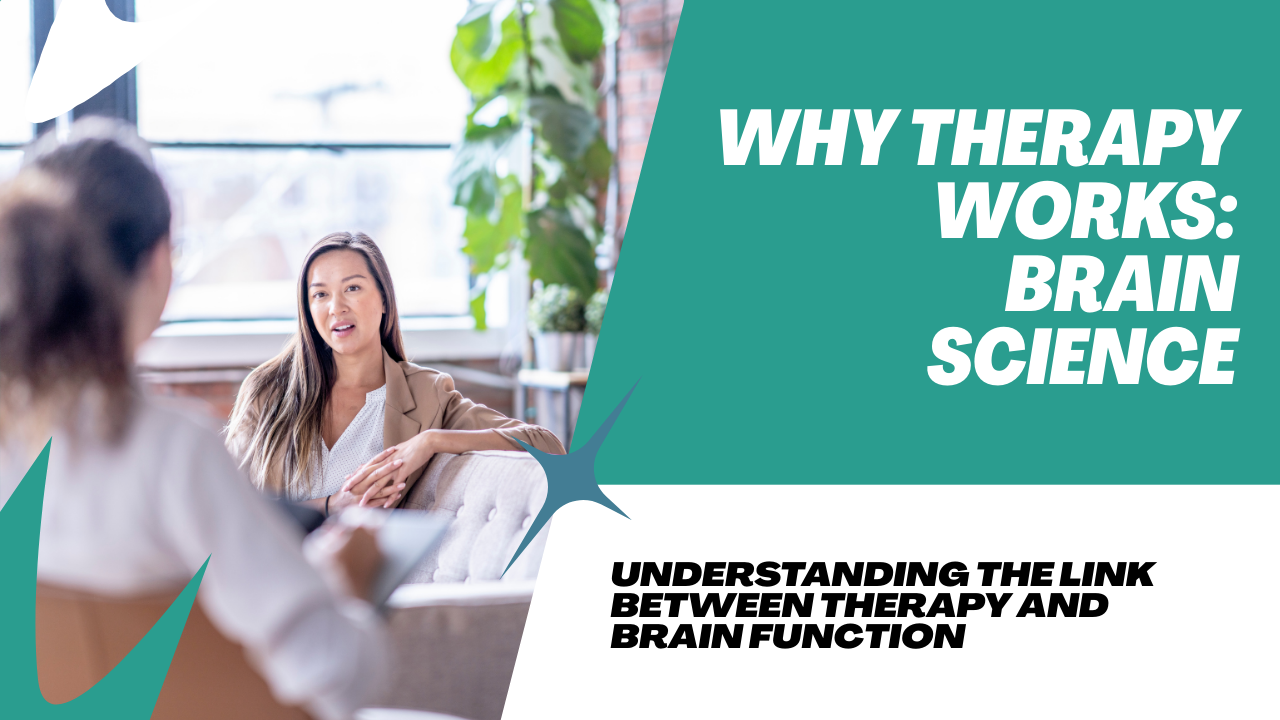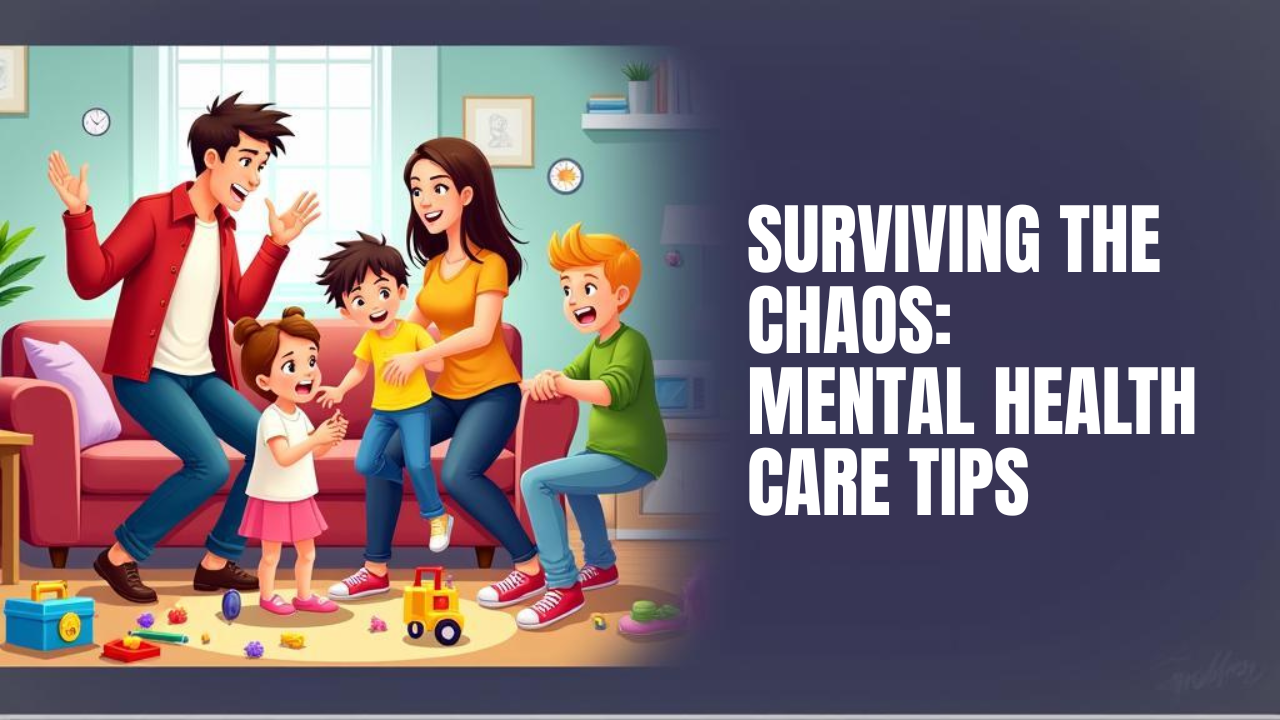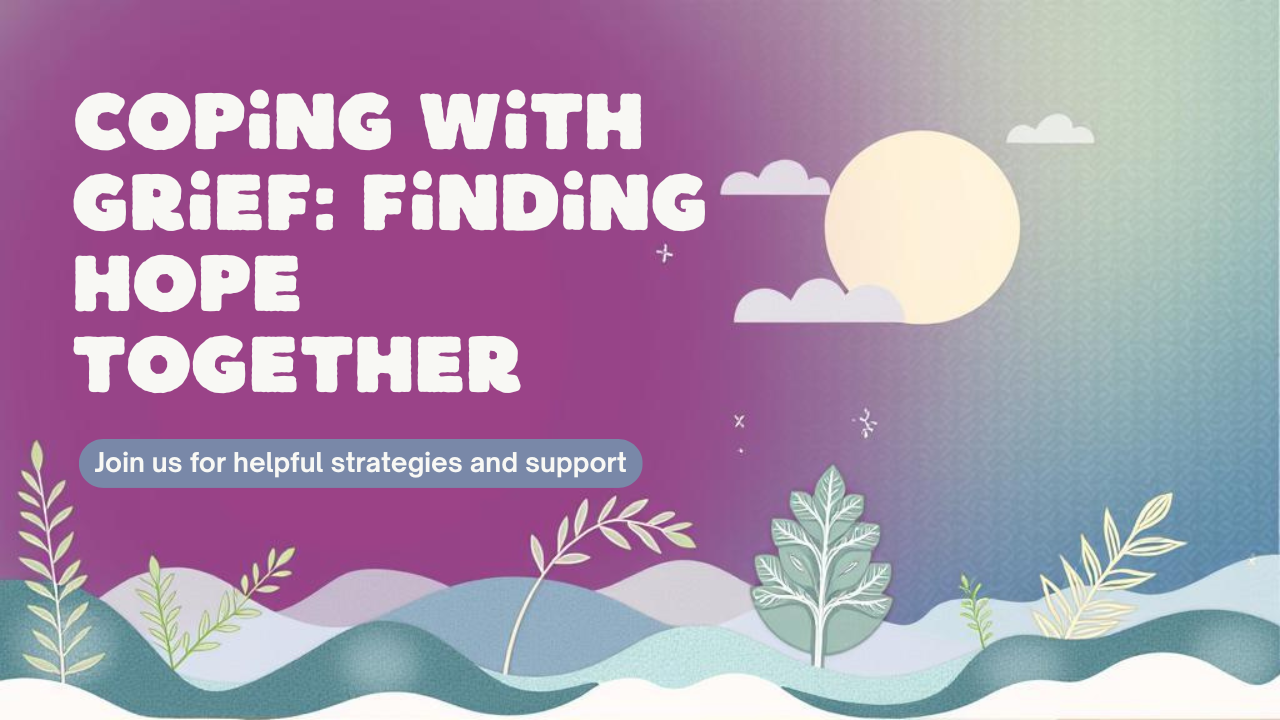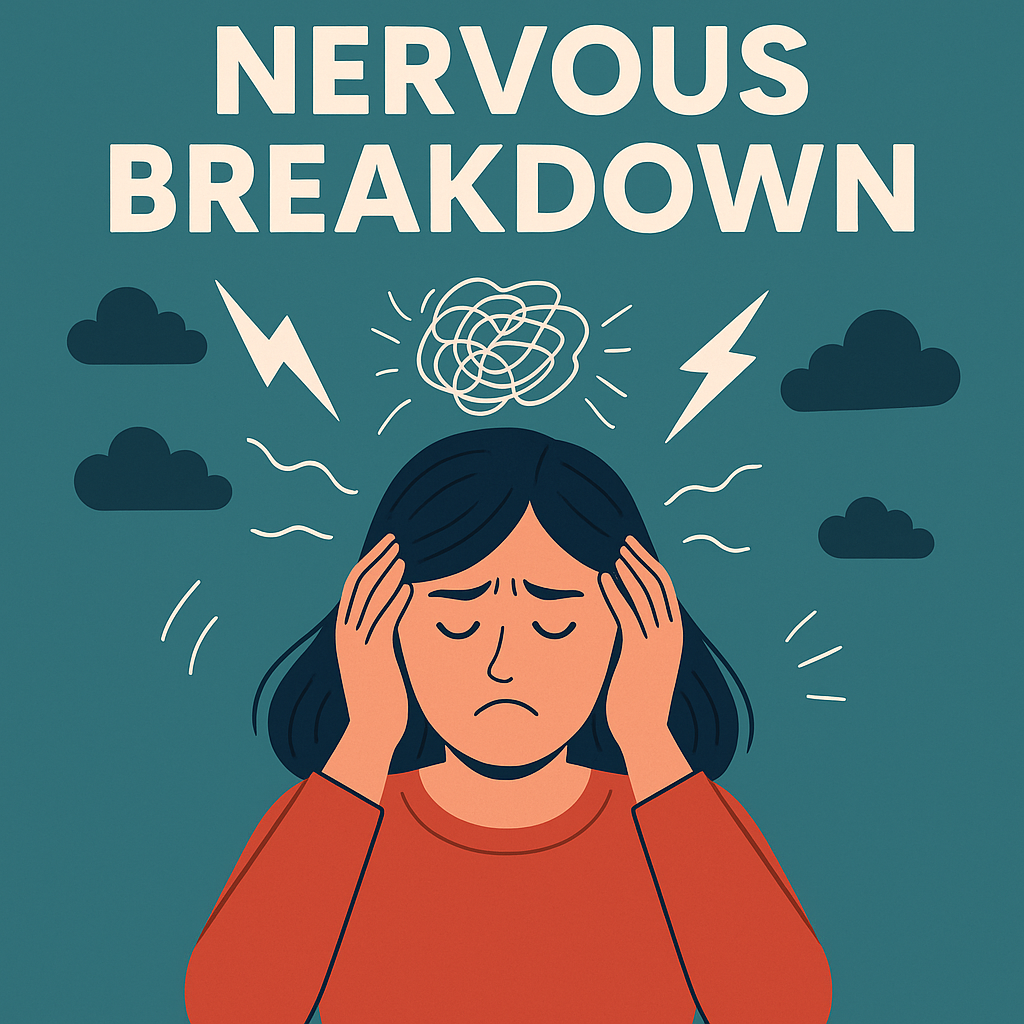Mental health conversations have shifted dramatically in recent years, placing therapy at the forefront of personal wellness. Research now reveals that therapeutic dialogue isn’t just about talking – it’s a powerful tool that physically reshapes our brains for better mental health.
Dr. David Samuels, a leading expert in mental health, emphasizes a crucial truth: opening up isn’t a sign of weakness – it’s the first step to rewiring your brain for better days. This science-backed approach to healing shows how professional therapeutic support creates lasting positive changes in our neural pathways.
Your brain responds to therapy in remarkable ways:
- Activates specific regions linked to emotional control
- Releases beneficial hormones during empathetic conversations
- Creates new neural pathways for improved stress management
Think of therapy as a gym for your mind – each session strengthens your mental resilience and builds new capabilities for handling life’s challenges. This understanding of therapy’s biological impact helps explain why professional support proves so effective for many people seeking mental health improvement.
However, not all therapeutic experiences are the same. The effectiveness of therapy can greatly depend on the qualifications and expertise of the professional providing it. For instance, if you’re in Milledgeville and seeking help, finding the best psychiatrist could significantly enhance your journey towards better mental health.
Similarly, if you’re in Savannah and need psychiatric evaluations, there are specialized resources available such as those offering Savannah GA psychiatric evaluations.
In Statesboro, you might be looking for licensed counselors who can provide the right support. It’s crucial to find a licensed counselor in Statesboro, Georgia who understands your unique needs.
For those grappling with specific conditions like ADHD, understanding what ADHD is can be an important part of the healing process.
Lastly, if you’re searching for mental health care facilities in Savannah, there are numerous Savannah mental health care facilities that offer comprehensive support and resources tailored to individual needs.
The Neuroscience Behind Therapy
Brain activity during therapeutic conversations reveals fascinating patterns of neural engagement. When you speak openly with a therapist, specific regions of your brain activate – areas directly linked to self-reflection and emotional control. This neural activation creates a foundation for lasting psychological change.
The Brain’s Remarkable Plasticity
Your brain possesses an incredible ability to rewire itself through neuroplasticity. During therapy sessions, each conversation builds new neural pathways, similar to creating shortcuts in your mind. These pathways strengthen with repeated therapeutic discussions, making it easier to:
- Process difficult emotions
- Manage stress responses
- Develop healthier thought patterns
- Access coping mechanisms
The Chemistry of Connection
The therapeutic relationship triggers the release of oxytocin – known as the “connection hormone.” This biological response occurs when you experience empathetic listening from your therapist. Oxytocin plays a crucial role by:
- Reducing stress levels
- Creating feelings of safety
- Enabling vulnerability
- Supporting emotional healing
The brain’s response to therapy isn’t just psychological – it’s a physical process of rewiring and chemical change. Each therapeutic conversation strengthens these neural networks, building resilience and emotional regulation capabilities. This biological foundation explains why consistent therapy sessions lead to lasting positive changes in mental health and emotional well-being.
For those considering exploring treatment options for major depressive disorder, it’s important to understand that therapy is not a one-size-fits-all solution. There are various treatment options available that can be tailored to individual needs. Additionally, the rise of teletherapy has made it easier than ever to access mental health support from the comfort of your home, as detailed in this comprehensive guide on teletherapy.
The Power of Conversation in Healing
Opening up isn’t a sign of weakness – it’s a powerful catalyst for positive change in your brain. The act of sharing thoughts and feelings creates new neural connections, helping you process experiences in healthier ways.
Breaking the Silence
- Suppressed emotions create mental barriers
- Speaking about challenges releases emotional pressure
- Each conversation builds stronger mental pathways
When you express difficult emotions, your brain begins linking past experiences with fresh perspectives. This connection-building process helps you:
- Recognize behavioral patterns
- Understand emotional triggers
- Develop new coping strategies
For instance, conversations about mood swings can provide valuable insights into your emotional landscape and help you manage these fluctuations more effectively.
Beyond Simple Venting
Therapeutic conversations serve as active training sessions for your mind. Each time you engage in meaningful dialogue, you:
- Build emotional vocabulary
- Strengthen self-awareness
- Develop problem-solving skills
The healing power of conversation extends beyond temporary relief. Your brain actively rewires itself during these discussions, creating lasting pathways for:
- Better stress management
- Improved emotional regulation
- Enhanced self-reflection abilities
Regular therapeutic conversations act as mental workouts, strengthening your psychological resilience. Each session builds upon previous insights, creating a robust foundation for long-term mental wellness.
Moreover, with the rise of telemedicine platforms for psychiatrists, accessing these therapeutic conversations has never been easier. You can now engage in meaningful dialogues from the comfort of your home, making the healing power of conversation more accessible than ever.
Case Study: Sarah’s Journey Through Therapy
Sarah’s story shows how powerful therapy can be in dealing with anxiety. Before she got professional help, she was stuck in a pattern of avoiding her feelings and looking for quick solutions online. But these attempts didn’t work, and her anxiety just kept going.
The Turning Point: Seeking Professional Help
Things started to change when Sarah made the brave decision to see a therapist. The first few sessions were tough – filled with uncomfortable emotions and awkward moments. But this discomfort was actually a sign that she was starting to heal.
The Role of Therapy in Sarah’s Transformation
During her regular therapy sessions, Sarah learned important skills that helped her manage her anxiety:
- Emotional Vocabulary: She learned to express feelings that she had been ignoring
- Pattern Recognition: She became aware of what triggers her behaviors and how she reacts
- Practical Coping Tools: Her therapist taught her effective strategies to deal with anxiety
The Positive Outcomes of Therapy
After six months of dedicated effort in therapy, Sarah began to see positive changes:
- She felt emotionally lighter
- She was better able to stay calm in stressful situations
- She became more resilient when faced with challenges
The Broader Impact of Therapeutic Support
Sarah’s journey shows how professional therapeutic support, like anxiety workshops, can lead to long-lasting positive changes. It highlights the practical benefits of committed therapeutic work.
But it’s not just about anxiety – as demonstrated in another case where therapy helped someone overcome depression, it proves that therapy is versatile and effective in treating various mental health issues.
Practical Therapeutic Techniques Supported by Brain Science
Evidence-based therapeutic techniques harness your brain’s natural ability to adapt and heal. These methods work by creating new neural pathways that support healthier emotional responses and thought patterns.
1. Cognitive Behavioral Therapy (CBT)
CBT is a widely used therapeutic approach that focuses on identifying and challenging negative thought patterns. It involves:
- Identifying negative thought cycles
- Replacing unhelpful beliefs with balanced perspectives
- Creating lasting changes in brain circuitry through repetitive practice
- Building resilience against future mental health challenges
2. Mindfulness Practices
Mindfulness practices involve cultivating present-moment awareness and non-judgmental acceptance. Research has shown that these practices can have a positive impact on brain structure and function:
- Strengthening attention control
- Reducing stress response in the amygdala
- Increasing gray matter in areas linked to emotional regulation
- Supporting neuroplasticity through focused awareness
3. Time Management for Mental Health
The Pomodoro Technique offers a structured approach to managing mental health challenges:
- 25-minute focused work sessions
- 5-minute breaks to prevent mental fatigue
- Helps break down overwhelming tasks
- Creates a sense of accomplishment
- Reduces anxiety through manageable time blocks
This method is particularly effective for individuals dealing with ADHD, as it allows for focused bursts of productivity. Additionally, it can be used as a strategy for overcoming procrastination, a common challenge faced by many.
These techniques work together to support your brain’s natural healing abilities. The Pomodoro method pairs particularly well with CBT exercises, allowing you to tackle challenging thoughts in controlled time segments. Regular practice of these methods strengthens neural connections associated with improved focus and emotional control.
Moreover, these therapeutic techniques can be conveniently accessed through telepsychiatry, making mental health support more accessible than ever.
Addressing Common Mental Health Challenges Through Therapy
Therapy offers targeted solutions for specific mental health challenges through neurologically-informed approaches. Research shows distinct brain patterns in individuals with anxiety, depression, and ADHD – patterns that can be positively influenced through therapeutic intervention.
Anxiety and Depression Treatment
- Brain imaging reveals reduced activity in emotion regulation centers during anxiety and depression
- Regular therapy sessions activate these areas, strengthening neural pathways for better emotional control
- Therapeutic conversations trigger oxytocin release, naturally reducing stress responses
- For those seeking help in a specific location, such as anxiety treatment in Savannah, GA, localized therapy options are available
ADHD Management Strategies
- Breaking tasks into smaller, manageable steps helps overcome executive function challenges
- Time management tools combat the skewed time perception common in ADHD
- Structured routines create new neural pathways for improved focus and task completion
- For adults dealing with this issue, adult ADHD treatment tips can provide valuable insights
Virtual Support Platforms
- Digital mental health portals provide accessible therapy options. These virtual mental health patient portals offer a range of services that cater to different needs.
- Teletherapy sessions maintain effectiveness while offering flexibility
- Online tools complement in-person therapy through:
- Digital calendars and reminder systems
- CBT exercises available 24/7
- Secure communication channels with therapists
The combination of traditional therapeutic approaches with modern technology creates a comprehensive support system. Patient experiences demonstrate significant improvements in symptom management when following structured therapeutic programs that address both neurological and behavioral aspects of mental health challenges.
For instance, studies have demonstrated the efficacy of neurologically-informed therapeutic interventions in treating conditions like anxiety and depression. These interventions not only help in managing symptoms but also play a crucial role in reshaping brain patterns associated with these mental health issues.
Moreover, understanding the cognitive aspects of ADHD can significantly enhance management strategies. By incorporating cognitive-behavioral techniques into therapy, individuals can develop better coping mechanisms for their specific challenges.
In conclusion, whether it’s through localized therapy options or virtual support platforms, the key lies in adopting a comprehensive approach that combines traditional methods with modern technology. This ensures that individuals receive the necessary support tailored to their unique circumstances.
Conclusion
Talk therapy is a powerful tool for transforming the brain. Scientific research shows that therapeutic conversations can bring about important changes in the brain, such as releasing oxytocin and rewiring neural pathways to improve emotional regulation.
The brain’s ability to adapt means that therapy can create long-lasting positive changes. With each session, new connections are formed in the brain, making it better equipped to handle stress and process emotions. This biological restructuring goes beyond simply relieving symptoms and lays the groundwork for lifelong mental resilience.
Ready to start your healing journey?
- Reach out to a qualified mental health professional
- Share this knowledge with someone who might benefit
- Remember: Starting the conversation is your first step toward rewiring your brain for better days
Your brain has amazing potential for positive change. The evidence is clear – therapy works. Take that courageous first step towards transformation. Your future self will be grateful.
If you’re facing mental health challenges, there is professional support available. For example, teletherapy can be an effective option, especially for individuals dealing with conditions like ADHD or major depressive disorder. It may also be beneficial to incorporate mindfulness practices into your treatment plan, as they can significantly boost productivity and assist in managing ADHD.
Don’t hesitate to contact DPS Health and Wellness at 912-662-6501 or visit dpshealthandwellness.com for professional support tailored to your needs.










